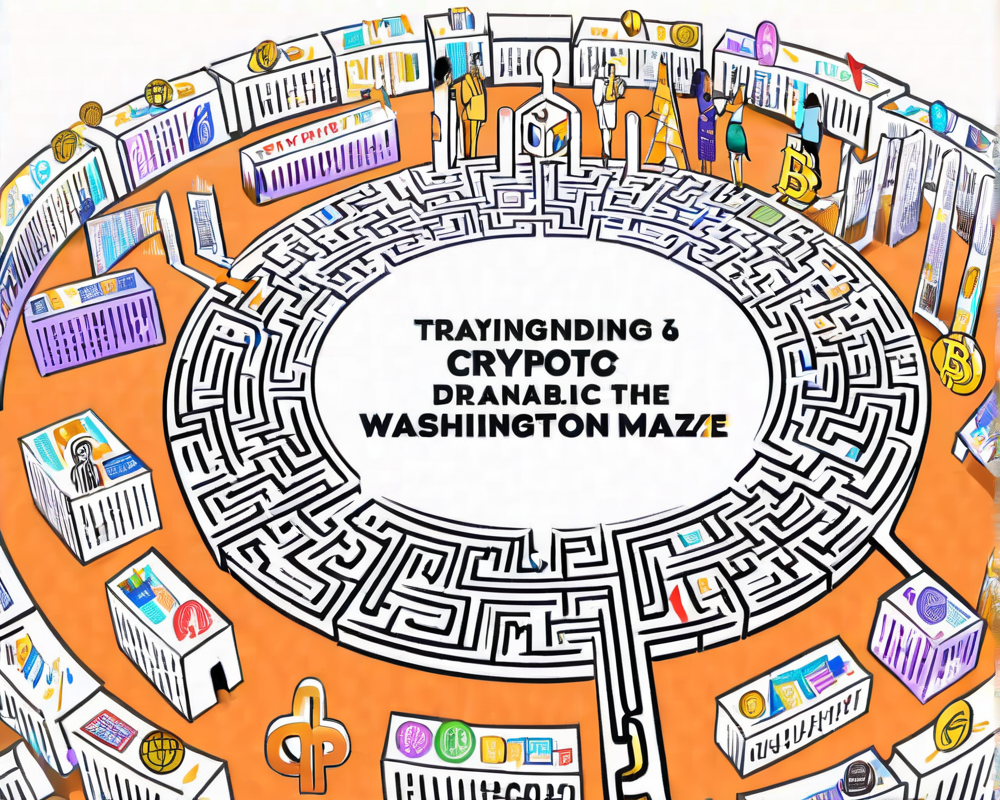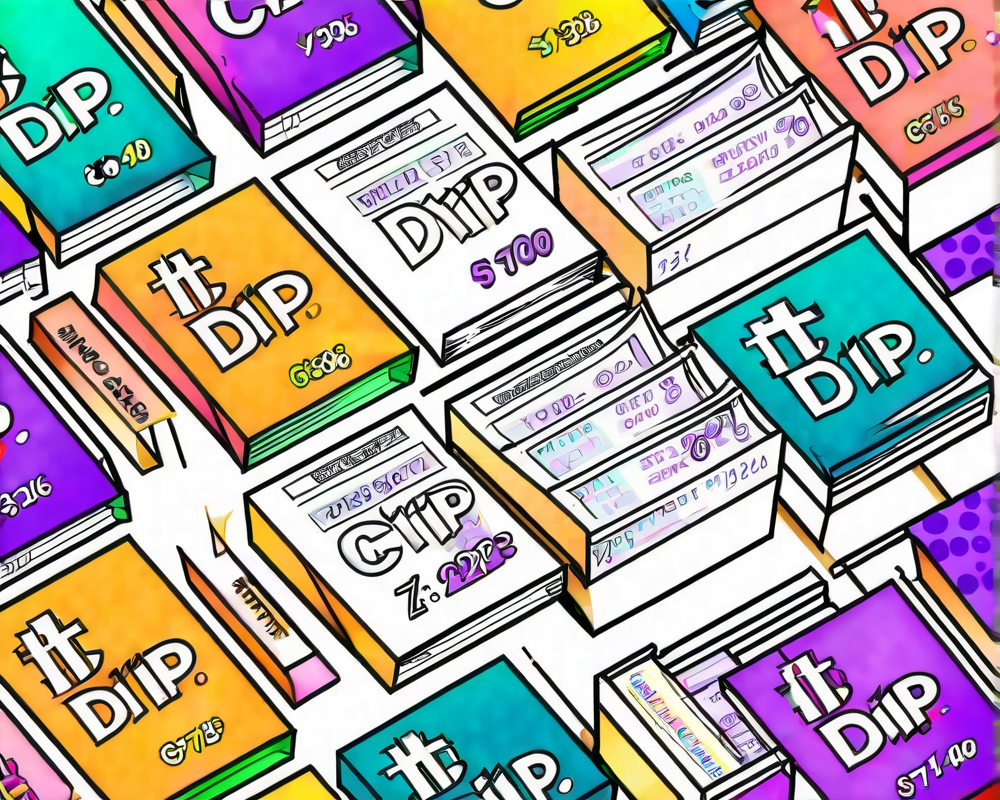The Crypto Roundtable: A Gathering of Industry Minds
On September 25, over 45 representatives from Wall Street and the crypto realm descended on Washington D.C. for a crucial meeting. This ‘crypto roundtable,’ convened by Congressman Warren Davidson, tackled the pressing issues surrounding Initial Coin Offerings (ICOs) and the chaotic sea of cryptocurrency regulations. In a world where clarity is as elusive as a Bitcoin mining rig in a power outage, industry experts laid bare their concerns about potential restrictions looming like a dark cloud over the digital currency landscape.
Token Taxonomy: The Need for Clear Definitions
The concept of “token taxonomy” was hot on everyone’s lips. Attendees engaged in a deep dive into the murky waters of how ICO tokens are defined – and let’s be honest, the definitions are more muddled than a Sunday morning hangover. Marvin Ammori from Protocol Labs brought the thunder, pointing out a veritable “cascade of uncertainty” that envelops token classification.
The Case of Filecoin
Ammori referenced the up-and-down rollercoaster that was Filecoin’s launch in 2017. He shared insights into how the team launched under the impression that the SEC’s classification would land them squarely in the security category. Spoiler alert: they were wrong, and the ongoing confusion didn’t help anyone get into the ICO fiesta.
The Great Ethereum Debate
“What’s up with Ethereum?” was an underlying question that reverberated through the roundtable. Ryan Singer, president of Chia Network, showcased the rift between the SEC’s view of Ethereum as a commodity and the industry’s long-standing struggle to define the line between commodity and security. Singer seamlessly agreed with Ammori, reinforcing that the real pickle is the glaring absence of clarity about what constitutes something being “decentralized enough.” Who knew that defining decentralization would require a PhD in cryptoeconomics?
Setting Standards for Tokens
Hilary Kivitz from Andreessen Horowitz Crypto chimed in with a valuable suggestion: tokens in their fundraising phase should qualify as securities. That’s like saying that a town hall meeting should qualify as a TED Talk – interesting, but not too practical. Kivitz emphasized that a token should “align the interests of all participants”, which sound great until you try to get a group of developers to agree on anything before lunchtime.
A Call for Modernization in Regulation
In an environment where regulations feel as outdated as dial-up internet, Joshua Stein from Harbor identified the flaws in current securities regulations concerning utility tokens. He metaphorically likened using decentralized applications (DApps) to walking through a bureaucratic minefield. It’s not like we can have a personal broker overseeing our cloud storage needs – we want simplicity, people!
Three Steps Forward or Just Stumbling in Circles?
Kate Prochaska from the U.S. Chamber of Commerce warned that without action, crypto innovation might head south faster than a political campaign after election day. Prochaska laid out three essentials for policymakers: regulatory coordination, clear definitions, and proactive engagement with regulators for “no action” letters. Think of these as the Three Musketeers of crypto regulation, but without the fancy swords.
Conclusion: Finding the Light at the End of the Tunnel
The crypto roundtable not only spotlighted the pressing issues of regulation but also sparked conversations about the future of an industry that refuses to remain stagnant. As participants shed light on definitions and propose new principles, one can only hope that clarity will emerge from the fog of confusion. So stay tuned, folks! The future of crypto regulations is still unfolding, and it’s bound to be more entertaining than a late-night infomercial.




